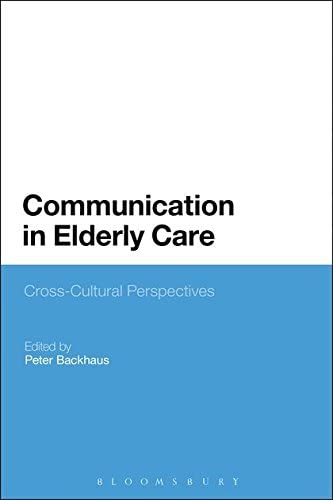
The complex problem of family caregiving for the elderly requires a coordinated approach. The Harvard University Asia Center's Global Initiative on Caregiving for the Elderly was established in July 2016. It seeks to increase knowledge and encourage engagement between key stakeholders. It is designed to help people of all ages live better lives by identifying promising practices and better understanding the challenges of providing family care in low- and medium-income countries. The program has three major focus areas: individual and family care, programming for the community, and development of social policies.
Relationship between bargaining power and bargaining power
Domestic research has explored the relationship between elderly family care and women working as married women. However previous research focused only on gender, urban/rural differences and individual differences. While it is true that family care for the aged can affect child employment, only a few studies have investigated the impact on bargaining. This paper will explore the effect of bargaining powers on family care for elderly. Additionally, heterogeneity in bargaining is examined by examining the family's bargaining strength.
Stress
Family members can feel the strain of caring to an elderly parent. Caregivers can suffer from many financial, emotional, and physical symptoms. This can lead to a lot of stress. Here are some tips to help reduce stress when caring for an elderly parent. Managing stress is crucial to the quality of care provided. Consider these strategies if you are the primary caregiver of your aging parent.
Time constraints
It is important to take into account the time constraints of family caregivers when assessing the need for elderly care. A caregiver may be distracted or juggling multiple tasks, making it difficult to complete tasks that might take just 15 minutes in a perfect situation. You must plan extra time for breaks and make sure you have enough. It is important to plan time for family care and to evaluate the time required for each task.

Respite care
There are many different types of respite care available for elderly family caregivers. This type of service can be very helpful for busy caregivers but it can also come at a high cost. If family caregivers are unable or unwilling to provide care, they may choose to take care of their own personal health, careers, and social relationships. Respite Care is the solution. In this case, the caregiver can help the family member get the help they need while maintaining their personal and social lives.